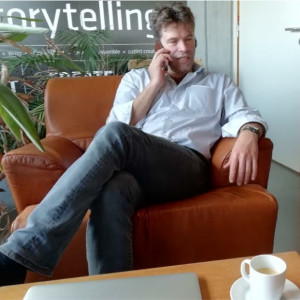 \
&
Contact us
\
&
Contact us
 \
&
Contact us
\
&
Contact us
Published on | 2 years ago
Programmes AI ContinentOn 27 June 2023 the European Commission along with Member States and 128 partners from research, industry, and public organisations launched €220 million worth of investment in four sectoral Testing and Experimentation Facilities (TEFs) for AI, at an event in Copenhagen.
The European Commission co-funds the TEFs with €110 million over five years under the Digital Europe Programme.
TEFs are designed to support AI developers to bring trustworthy AI to the market more efficiently, and facilitate its uptake in Europe, as well as to act as a sandbox for AI technologies’ development and deployment. They are open to all technology providers across Europe to test and experiment with AI and robotics among other emerging technologies.
The four TEFs launched include:
The four testing facilities will be fully open as of January 2024 with some services already starting in July 2023.
We offer news and event updates, covering all domains and topics of Horizon Europe, Digital Europe & EDF (and occasionally, for ongoing projects, Horizon 2020).
Stay informed about what matters to you.
By signing up, you can opt in for e-mail notifications and get access to
a personalised dashboard that groups all news updates and event announcements in your domain(s).
Only for stakeholders located in Flanders

If you’ve never heard of Limecraft, you’re clearly not working in the media sector. Their SaaS platform provides integrated workflows for media management, scripted and unscripted TV, and subtitling and localisation. It is used by leading broadcasting companies – such as BBC, VRT, NPO… – and production firms of which De Mensen or Hotel Hungaria might ring a bell (at least if you are Belgian).
NCP Flanders went to Ghent to interview Maarten Verwaest, CEO and cofounder, about how he sees Horizon 2020. Limecraft is a partner in the MeMAD project, which is a collaborative RIA project submitted to an ICT call topic.